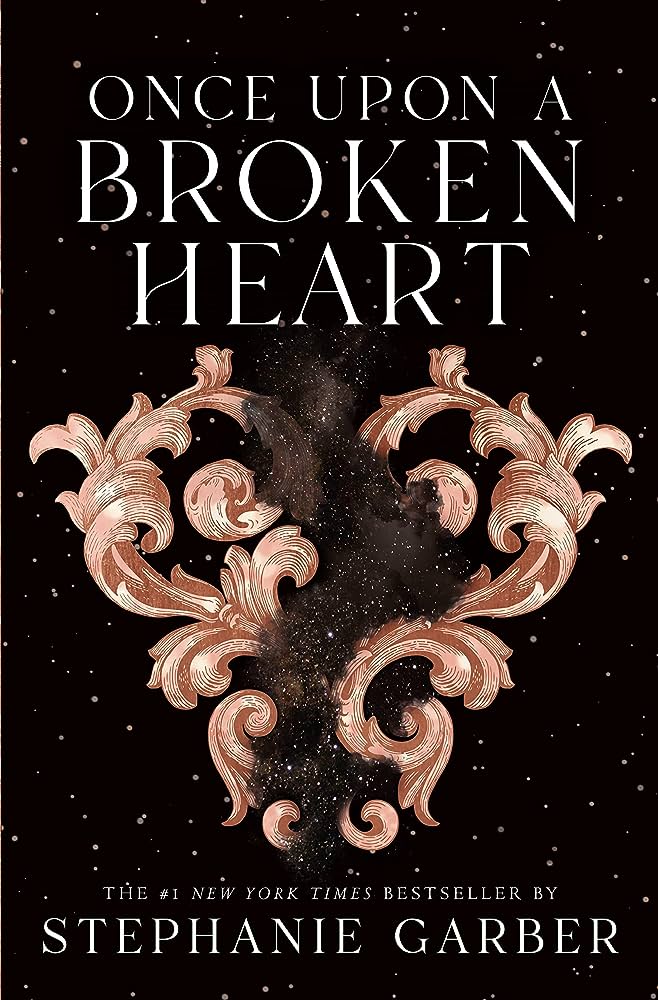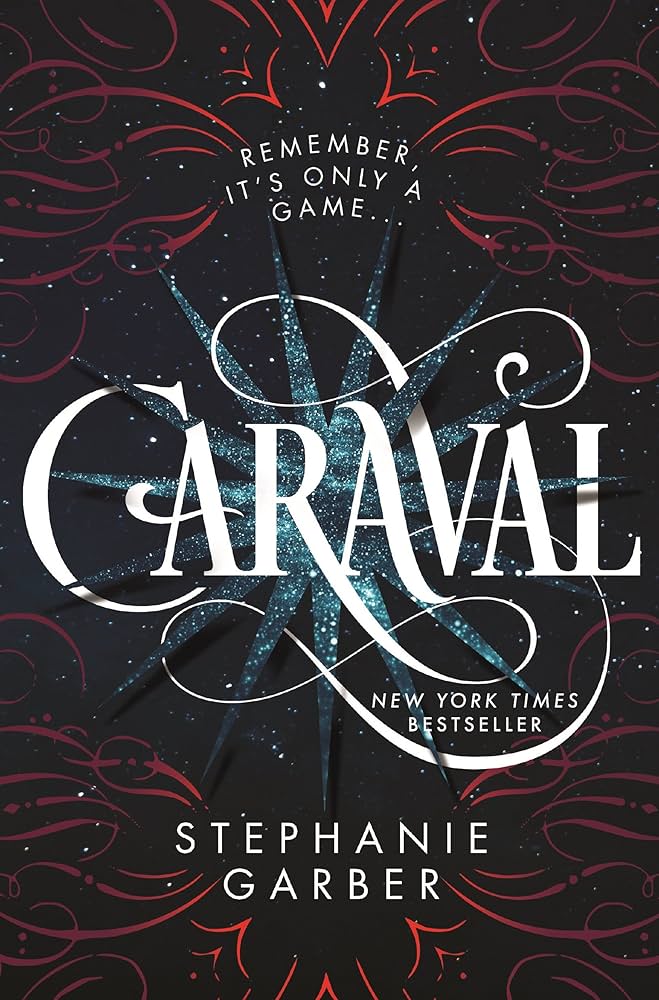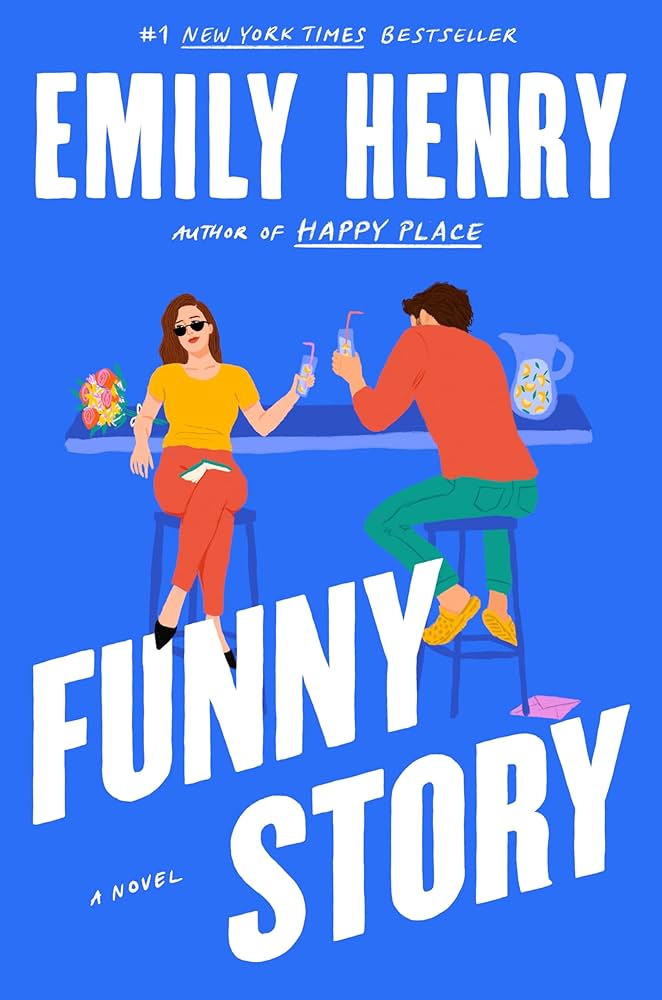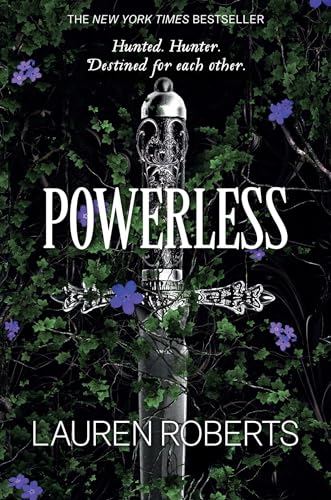Author Interview: The Literary Spotlight with Author Karen M. McManus
I’m thrilled to welcome Karen M. McManus to The Literary Spotlight! Known for her gripping young adult mysteries, Karen has captured the attention of readers worldwide with books like One of Us Is Lying, Two Can Keep a Secret, The Cousins, and more. Her stories are known for their suspenseful twists, unexpected reveals, and deeply layered characters that keep readers on the edge of their seats.
Karen’s debut novel, One of Us Is Lying, became an instant bestseller, and it wasn’t long before it was adapted into a series on Peacock. Since then, she’s built a strong reputation for crafting engaging mysteries that go beyond simple whodunits. Her work dives into the complexities of friendship, betrayal, and the personal challenges we face as we navigate our relationships and decisions.
What makes Karen’s stories stand out is how she masterfully balances high-stakes intrigue with emotionally resonant character arcs. Her protagonists are never just caught up in solving a mystery; they’re navigating their own personal journeys, filled with moments of growth and self-discovery. This unique combination of mystery and character development is one of the many reasons her books resonate so strongly with readers.
As a longtime fan of her work, I’m excited to explore more about Karen’s writing process, where she draws her inspiration from, and what it’s like to craft stories that keep readers guessing. Let’s dive in and learn more about Karen M. McManus and the journey behind her bestselling novels!
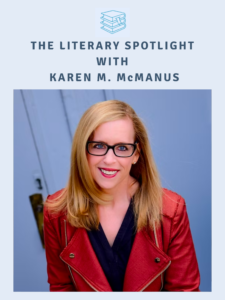
Introduction:
Cyra: Could you please introduce yourself and tell us a bit about your writing background? What inspired you to become a writer, and how did your writing journey begin?
Karen: Hi, I’m Karen M. McManus and I write young adult mysteries. I’ve always wanted to be an author and wrote my first book when I was eight years old. But as I got older, finishing stories became harder, and by the time I graduated high school I had stopped entirely. I went to college and began a career in marketing, and didn’t think about writing again for a very long time. But one day in 2014, I was on a cross-country business trip and didn’t have anything to read, so picked up “The Hunger Games” in the airport bookstore. I was captivated by that book and for the first time since I was a teen myself, I wanted to start writing again. Three years later, I was a published author.
Creative Process:
Cyra: Could you share a glimpse into your creative process? How do you approach developing ideas and turning them into stories? Do you have any specific rituals or habits that help you get into the writing zone?
Karen: I usually start with a big, hooky idea—like The Breakfast Club with murder for One of Us Is Lying—but I don’t necessarily know yet what that means. It’s just a concept. Then I think about people; who would be involved in a story like that, and more importantly, why would they be involved? Once the characters start to emerge, I think more deeply about plot, and use a screenwriting tool called a beat sheet to help me map out the big moments of the story. When I feel like I have a good grasp of the characters and key plot details, I start to write.
Writing Influences:
Cyra: Who are some of your favorite authors or literary influences, and how have they shaped your own writing style? Are there any books or works that have had a profound impact on your writing career?
Karen: When I was a teen, I tended to read whatever my parents had lying around. That included a lot of Stephen King and Agatha Christie, both of whom are masters of suspense and mystery. Other than The Hunger Games, which got me back into
writing again, the three books that have had the biggest impact on me as a writer are And Then There Were None by Agatha Christie, which is the most perfectly constructed mystery I’ve ever read; Gone Girl by Gillian Flynn, because of that midpoint twist that changes everything; and The Secret History by Donna Tartt, because I love how on the first page readers are introduced to what the crime was, who did it, and how they did it—and yet, we remain enthralled for 500 pages because we need to know why.
Overcoming Challenges:
Cyra: What challenges have you faced as a writer, and how did you overcome them? How do you handle writer’s block or periods of self- doubt?
Karen: All authors face rejection; that’s just part of the process. One of Us Is Lying was my first published book, but the third book I wrote after I decided to try writing again. I queried the first two books (querying is the process in which authors attempt to get a literary agent to represent their work; it usually involves submitting a brief summary of your book to the agent, along with a sample chapter or two) and received more than 100 rejections. But I kept writing and improving, and eventually succeeded. Connecting with other writers helps a lot, especially if you exchange work with them—my writing improved tremendously once I started giving, and receiving, constructive feedback.
Character Development:
Cyra: How do you approach developing compelling and relatable characters in your stories? Are there any strategies or exercises you use to ensure your characters feel authentic and three-dimensional?
Karen: Character development is my favorite part of the process, and I spend the most of my planning time there. My goal when creating characters is simple: I want them to be doing something on the last page that would have seemed impossible
for them to do on the first page, because they’ve gone on a transformative journey. One of my favorite strategies for developing characters is to create a worksheet that captures all the key aspects of their lives, from small things like their hair color to the big questions that drive the plot—what are they afraid of, what do they want, and what’s their critical flaw that affects the story? An
example of this type of worksheet is included in the Barnes Noble special edition of Nothing More to Tell.

